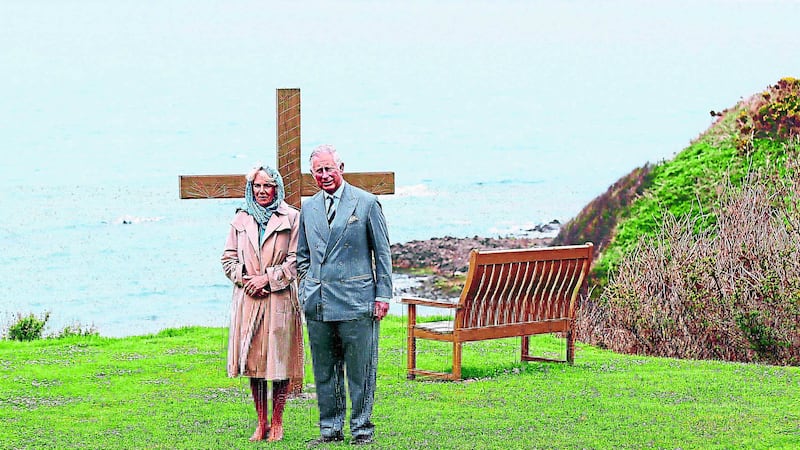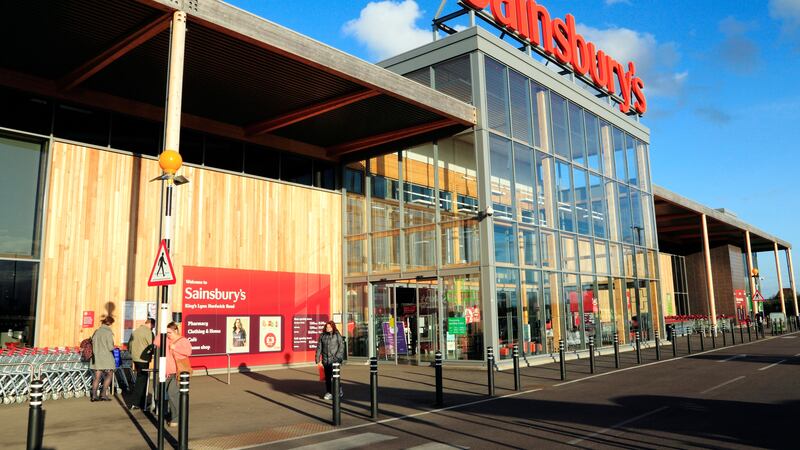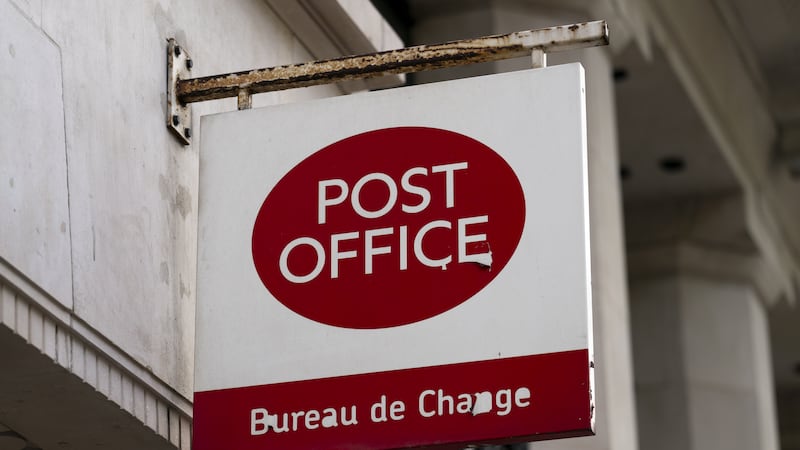PRINCE Charles has said Northern Ireland should not be imprisoned by its history as he called for shared healing between the divided communities.
Charles visited the north's oldest peace and reconciliation centre yesterday at the conclusion of a trip which has been all about healing past wounds.
The daughter of Lord Mountbatten has supported the Corrymeela Centre for years in its work with victims of violence on all sides.
Charles paid tribute to his great uncle earlier this week during a poignant visit to the scene of his 1979 killing by the IRA on a boat off the west coast of Ireland.
"By our shared wounds and scars we can I hope, I pray, share healing and a friendship made all the stronger for the trials it has overcome," he said.
"We have all suffered too much, too many people's loved ones have been killed or maimed.
"Surely it is time, as I said in Sligo two days ago, that we became the subjects of our history and not its prisoners."
Earl Mountbatten, who enjoyed summer holidays for decades at nearby Classiebawn Castle, was blown up on board the pleasure boat Shadow V after he set out from the harbour at Mullaghmore along Co Sligo's Atlantic coast to pick lobster pots and fish.
The other victims were Lady Doreen Brabourne (83), the mother-in-law of Mountbatten's daughter, who died a day later; Nicholas Knatchbull, the earl's grandson, who was 14; and his friend Paul Maxwell, a 15-year-old boy from Killynure, Enniskillen, who had worked on preparing the royal boat for fishing.
Countess Mountbatten set up the Nicholas Knatchbull Memorial Fund in 2006 in memory of her son.
The fund has supported family week programmes at Corrymeela for a number of years.
The Corrymeela Centre worked with victims throughout the Troubles and opened its doors 50 years ago.
It sees around 11,000 people a year at its residential centre in Ballycastle, Co Antrim.
Charles said Northern Ireland was seen around the world as a shining example of what can be achieved when people commit themselves to ending conflict.
"But, of course, the story is not over; there is much more still to do."
Corrymeela community leader Padraig O Tuama, who hosted the visit and tour of the site, said it was a place of stories. He read a poem about shaking hands.
"Corrymeela's journey over the last 50 years has shown us the power of people telling their stories, of shared hospitality, of telling the truth about the present, of turning towards each other and finding strength, life and hope in each other."
Corrymeela was founded by Mr Davey and students from Queens University Belfast in 1965 and its work was quickly shaped by the bloodshed of the Troubles.
It uses dialogue, experiential play, art, storytelling, mealtimes and shared community to help groups embrace difference and learn how to have difficult conversations.
Charles and Camilla toured the Croí, which means heart in Irish, a place within the centre which is designed to encourage listening.
He also visited a garden where local schoolchildren were planting French beans.
Natasha Anderson (11), from St Patrick's and St Brigid's Primary School in Ballycastle, showed the Prince her French beans as he toured a gardening area.
On their final day yesterday the prince and Duchess of Cornwall also toured Mount Stewart, a National Trust property in Co Down, which has undergone an £8 million refurbishment.
The house, on the shores of Strangford Lough is home to Lady Rose Loritzen, a distant cousin of the duchess, whose family have lived there since the 18th Century.
Afterwards, Lady Rose said the royal couple had been particularly impressed with the enhanced art collection which included paintings of the Duchess's ancestors.
She said: "They really liked the house. His Royal Highness has been here before the restoration and I think he was really impressed."
? VISIT: Prince Charles and the Duchess of Cornwall during a visit to the Corrymeela Centre in Ballycastle, Co Antrim.
PICTURE: Niall Carson/PA.


